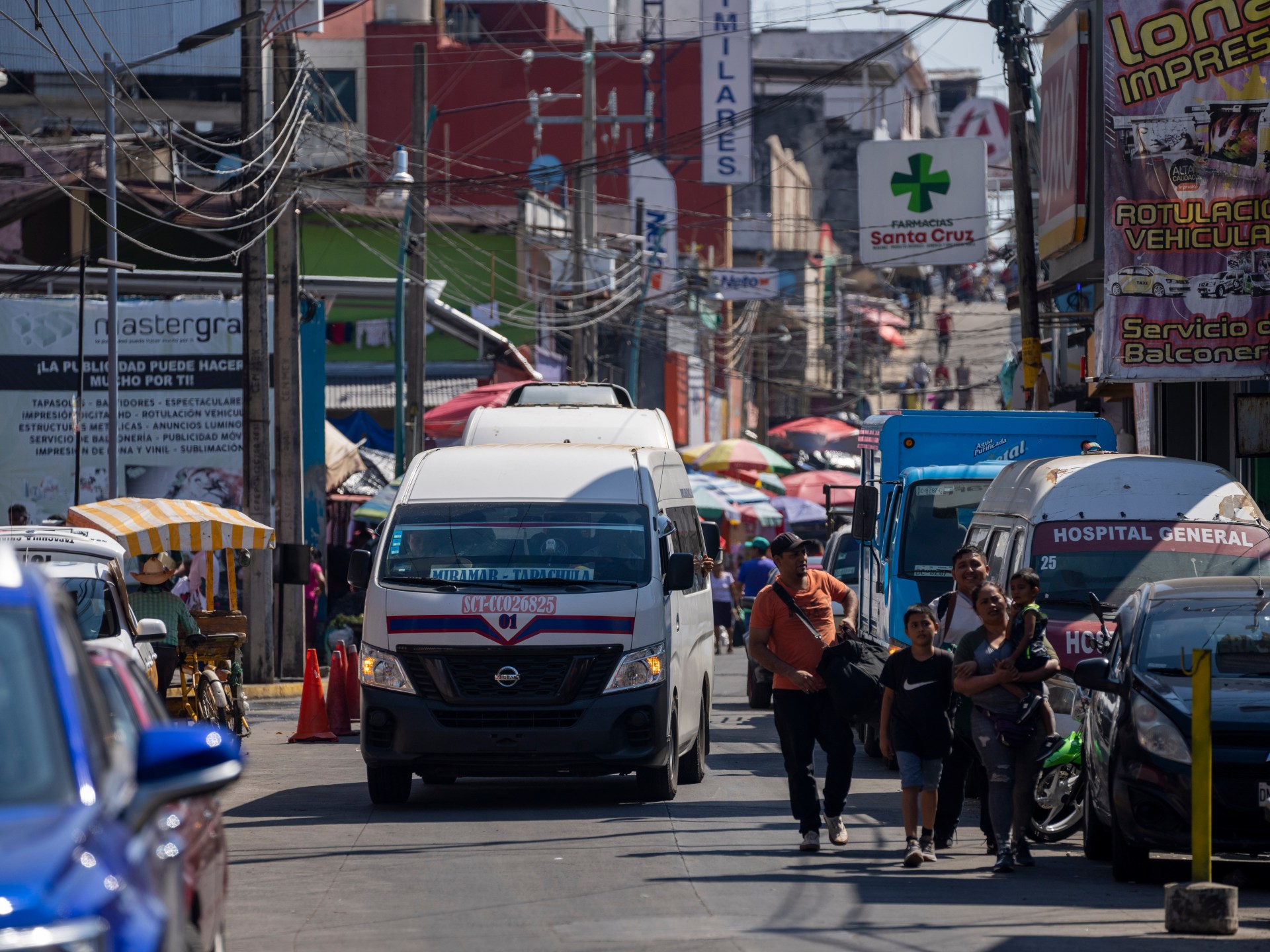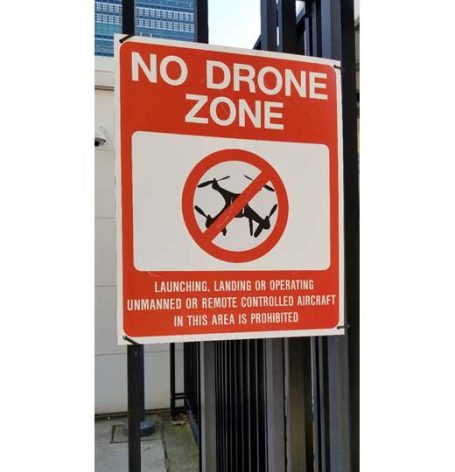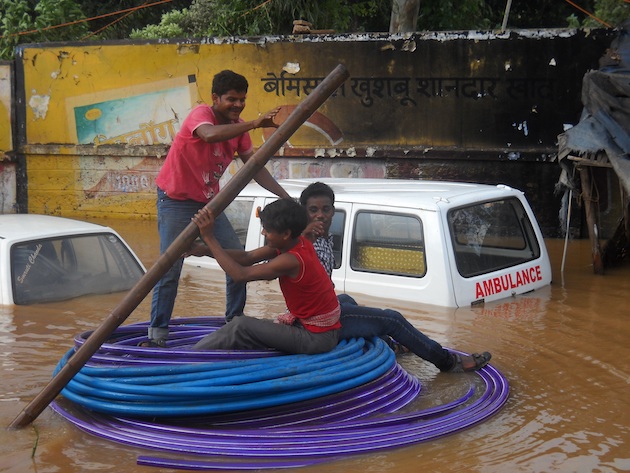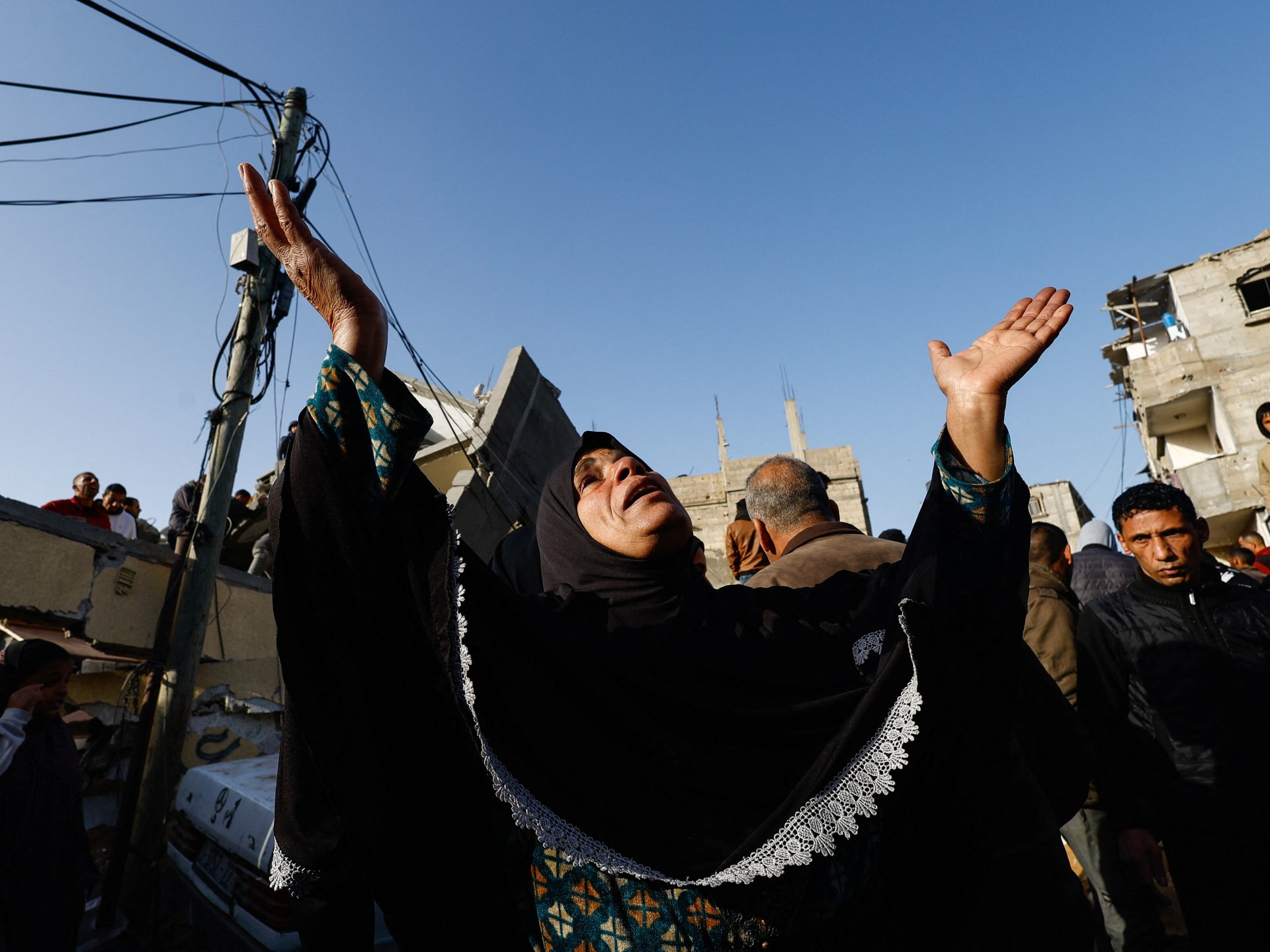The price of passage: Migrants fear threat of extortion in Guatemala | Migration News
Tapachula, Mexico – Luis Alfredo Rodriguez held his young son’s hand as he walked along a busy street near Tapachula’s central plaza, asking for money from those passing by.
The 27-year-old Venezuelan migrant had just crossed into the Mexican border city hours earlier with seven of his relatives, including his wife and children.
But they arrived with no money, Rodriguez explained. Everything they had was lost to extortion as they travelled northward through neighbouring Guatemala.
“At every police checkpoint, the police officers demanded money,” Rodriguez told Al Jazeera, his forehead creased with worry as he kept an eye on his children. “It was a lot of money.”
Hundreds of thousands of migrants and asylum seekers like Rodriguez pass through Guatemala every year, as they make their way through Central America to the southern border of the United States.
But many are reporting that the country is one of several hotspots for extortion, as officials and security forces target travellers with pay-for-passage schemes.
Al Jazeera interviewed 25 migrants in Guatemala City and Tapachula for this story, all of whom said they had been targeted for extortion while in Guatemala.
For Rodriguez, the experience dwindled his meagre savings to zero. He and his family passed five police checkpoints, and at each one, officials demanded extortion fees ranging from 30 to 150 quetzales — about $4 to $20 per bribe.
Rodriguez said the police threatened to turn his family over to immigration officials and expel them south to Honduras. “If you don’t pay, they say they will return you,” he explained.
He was one of several migrants and asylum seekers who described Guatemala as the most difficult country he crossed, calling it even more challenging than the Darien Gap, a notoriously perilous stretch of jungle between Colombia and Panama.
“I think the route through Guatemala is harder, a more difficult experience to go through,” said Martina, a 30-year-old migrant from El Progreso, Honduras, who asked to use a pseudonym in her interview with Al Jazeera.
She reported being forced to pay 500 quetzales — about $65 — at a police checkpoint outside of the capital Guatemala City.
“They ask for money to be able to pass,” she explained. “Because if not, they can return you to Honduras. They instil fear in you so that you have to give them money.”
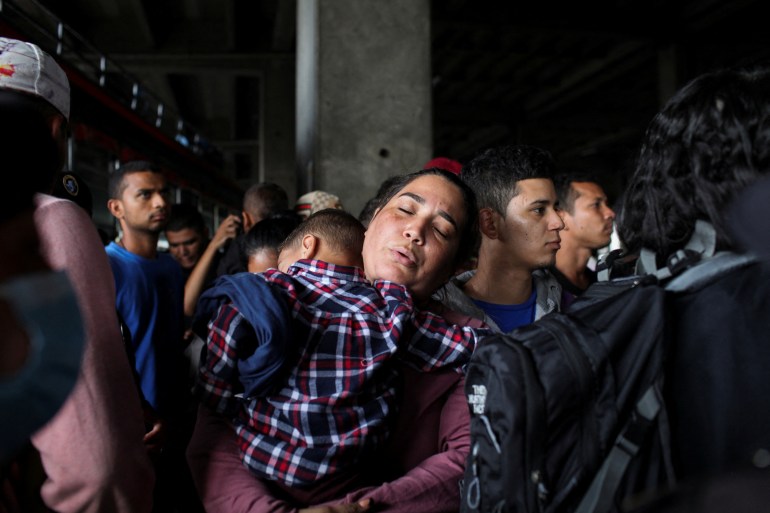
Extortion schemes have long been an issue in Guatemala, according to Eduardo Woltke, a migrant rights defender in the office of the country’s Human Rights Ombudsman.
But Woltke told Al Jazeera that the problem has recently grown worse. He has received reports of officials abusing their positions not only to compel payments but also to coerce sexual acts.
Extortion “is a recurring complaint from people who are in transit through the country, regarding the police”, Woltke said. “But in recent months, we have heard more about this type of violence, including accusations as severe as assault and sexual assault.”
Meanwhile, the pool of prospective victims continues to grow. The United Nations estimates a record number of people migrated north through Central America in 2023, with at least 500,000 migrants and asylum seekers documented in the Darien Gap alone.
Some 22,000 were expelled from Guatemala between January and November, according to data from the country’s Immigration Institute.
The government has grappled for years with how to address extortion among the burgeoning population of migrants and asylum seekers.
Accusations became so widespread that, in November 2022, the then-secretary of Guatemala’s congressional migrant commission, Ligia Hernandez, held a meeting with officials to discuss the issue.
Some of the attendees, however, brushed aside questions of extortion as unfounded rumours. “There are no specific complaints,” police director Héctor Leonel Hernández Mendoza told the meeting, according to local media reports.

But Ligia Hernandez, who has since become president of the Regional Integration Commission — a congressional body tasked with addressing concerns stemming from regional trends — said she heard testimony suggesting there is a network of corruption that spans the country, targeting migration routes.
“Extortions occur from the moment migrants enter the country’s borders,” Hernandez said. “To date, there is no real policy from the [state] institutions to stop this abuse. There are no free reporting mechanisms for migrants or possibilities for immediate investigation.”
Nevertheless, 20 officers have been dismissed in 2023 alone for extorting migrants, according to Hernandez.
Jorge Aguilar, the spokesperson for Guatemala’s Ministry of the Interior, told Al Jazeera that the national civilian police has a zero-tolerance policy against extortion.
Any officer accused of extorting migrants will be investigated by the Inspector General of the Police and fired if found guilty, he added.
But Woltke, the migrant rights defender, said cases often stall due to the nature of the crime.
“[Migrants] want to leave the country as soon as possible,” Woltke said. With the victims absent, the public prosecutor’s office regularly closes extortion cases, he explained.
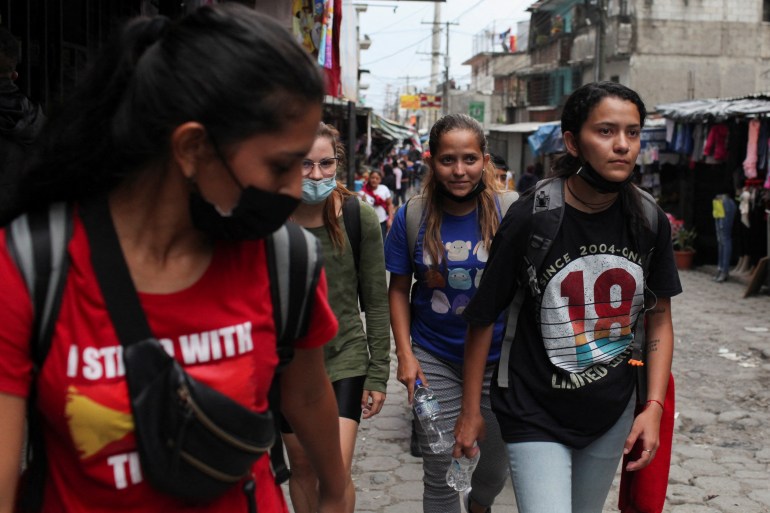
Some migrant rights advocates also point to corruption in Guatemala as a barrier to justice.
Statistics cited by the US Agency for International Development (USAID) indicate that 61 percent of Guatemalans feel corruption is widespread among public officials. And interference in the 2023 presidential election has drawn international attention to longstanding issues of corruption in Guatemala’s government.
“Migrant brothers and sisters are suffering from the scourge of corruption we have in Guatemala,” said German Tax, a friar who oversees a Franciscan-run migrant shelter in Colonia Mezquital, a town south of Guatemala City.
“Where are they going to complain? Who are they going to file a complaint with? Who is going to pay attention to him then?”
Some migrants who spoke to Al Jazeera laughed outright when asked whether they would file a complaint about the extortion they endured. Reporting their experiences, they said, was simply not an option.
“Maybe a complaint could be made, but would doing it mean that the government of Guatemala is going to do anything?” said Hector, a 25-year-old migrant from Honduras who declined to provide his last name for fear of reprisals.
He said he paid around 2,500 quetzales, over $300, for him and his son to pass seven different police checkpoints in Guatemala.
Still, filing a report felt like a pointless endeavour. “It wouldn’t be worth it,” Hector said, “because everything is controlled by corruption.”
Al Jazeera correspondent John Holman contributed to this report.
Check out our Latest News and Follow us at Facebook
Original Source

